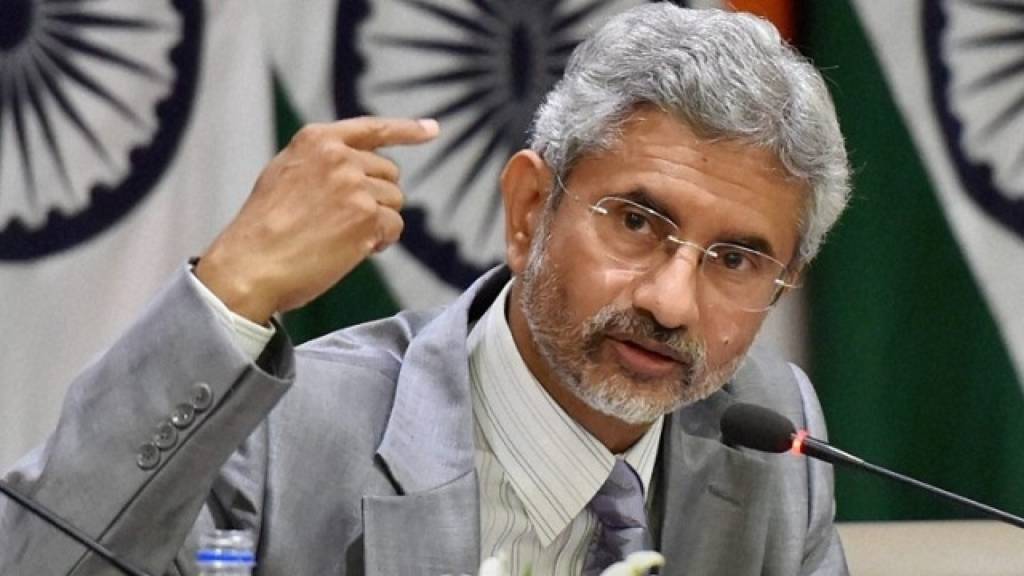In a very unhyphenated message to China, foreign minister S Jaishankar said, “The state of the border cannot be delinked from the state of the relationship.” This statement shows the significant departure that the Modi government has taken in foreign policy of the previous UPA regime.
For decades, India tried to solve the issues with the country’s neighbours in silos. And therefore, trade, sports and other types of corporations, were being seen through different lenses while the border issues were seen through altogether different perspectives.
This led to significant loss to India as we continued to pour billions of dollars in coffers of Chinese companies while the PLA soldiers continued to bully Indian armed forces on LAC. Similarly, with Pakistan, India continued its relations through trade, cricket, and dialogue while ISI kept sending terrorists in India.
Conversely, the Modi government adopted a completely different approach and set border relations as a pretext of overall relations with the neighbouring countries. With Pakistan, the Modi government first warmly welcomed Pakistani Prime Minister in 2014 but ISI continued with terrorist attacks first at Pathankot airbase then in Uri and later at CRPF convoy.
Today, the relations with Pakistan are completely frozen and the Indian government has made it very clear that as long as Pakistan state or non-state actors remain active inside India, any dialogue is not going to take place.
Now, the foreign minister has adopted a similar strategy with China and underlined that as long as the situation at the border remains tense, the cooperation in other sectors like economy, trade, culture, and sports will be hampered. This means that the Chinese companies would continue to lose billions of dollars of their Indian market share if the Chinese Communist Party does not hold the horses of PLA tight.
“If peace and tranquillity on the border are not a given, then it cannot be that the rest of the relationship continues on the same basis, because clearly peace and tranquillity is the basis for the relationship,” he said while participating in an online interaction organised by The Indian Express newspaper to mark the release of his book ‘The India Way’.
India continued to import goods worth billions of dollars from Chinese companies and gave them free access to Indian market–which was not reciprocated by Chinese side as they kept the market close for Indian service sector companies– even though China repeatedly created tension on the border, most recently in 2017 and 2013 apart from the ongoing episode. China tried to advance its positions on LAC while Chinese companies sold goods worth billions of dollars in the Indian market.
India imported goods and services worth 65.26 billion dollars from China in FY 20 while the total trade volume stood at 81.6 billion dollars, registering a trade deficit of 48.66 billion dollars.
Now Jaishankar has sent a very outspoken message to the Chinese government that the access to the Indian market will continue to be restrictive for Chinese companies as long as the Chinese Army continues aggression on the border.
On the Indo-US relations, Jaishankar said that “suspicion of America is a very Lutyens’ Delhi problem” and added that “the Indian street actually realised the value of the American relationship much earlier than Lutyens’ Delhi did”.
On using “zero diplomacy” as a tool with Pakistan, Jaishankar said that India cannot continue to engage because of their “attachment to cross border-terrorism all these years” and it cannot be accepted as a “normal and engage with them on the terms they have set”.
The Lutyens Delhi viewed the problems with neighbouring countries in silos and tried to deal with them independently instead of taking a holistic approach, but the Modi government has brought the foreign policy in sync with economic, trade and cultural engagement policy because India has an advantage over hostile neighbours like China and Pakistan in these fields, and therefore, now New Delhi has an upper hand in overall negotiation.
